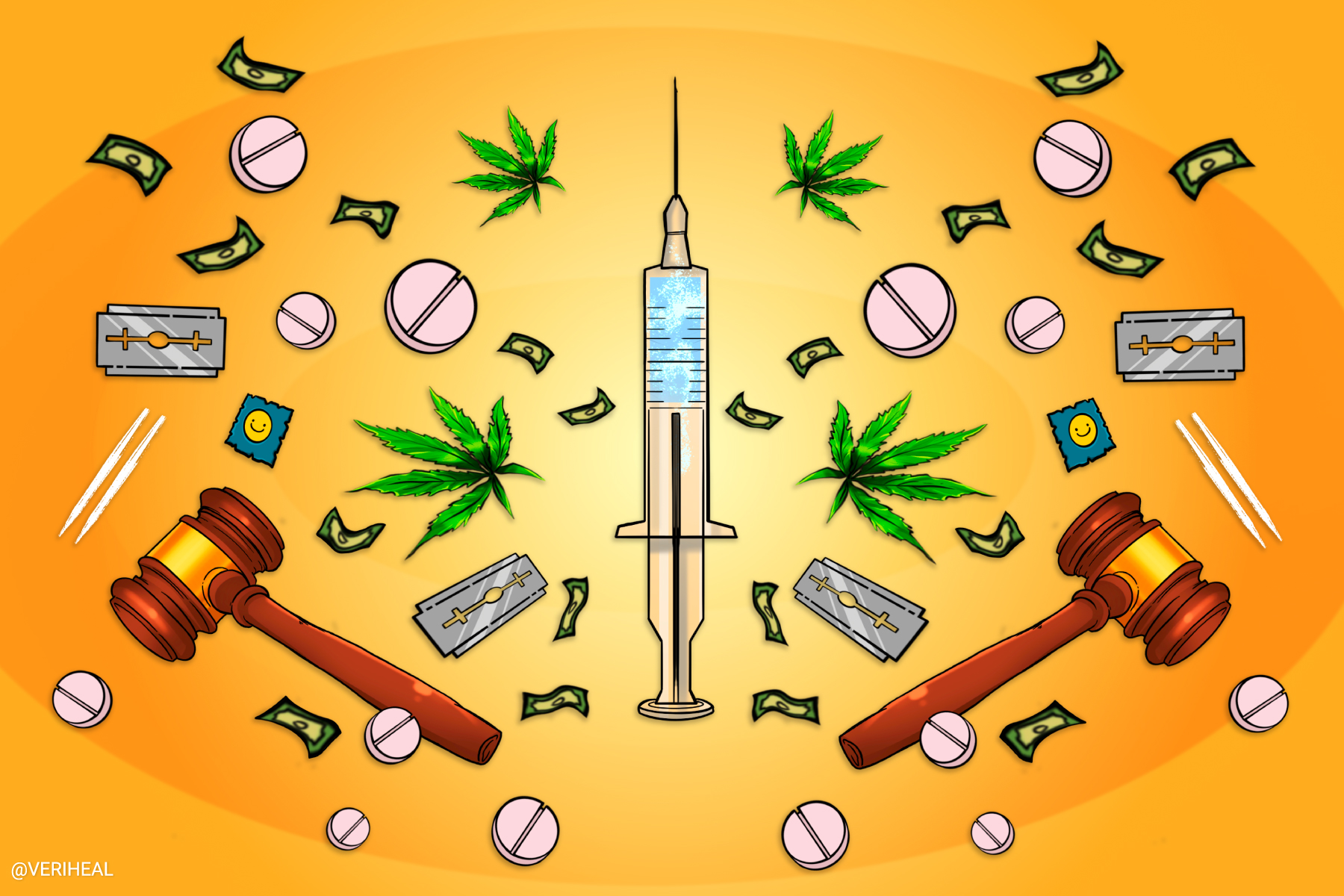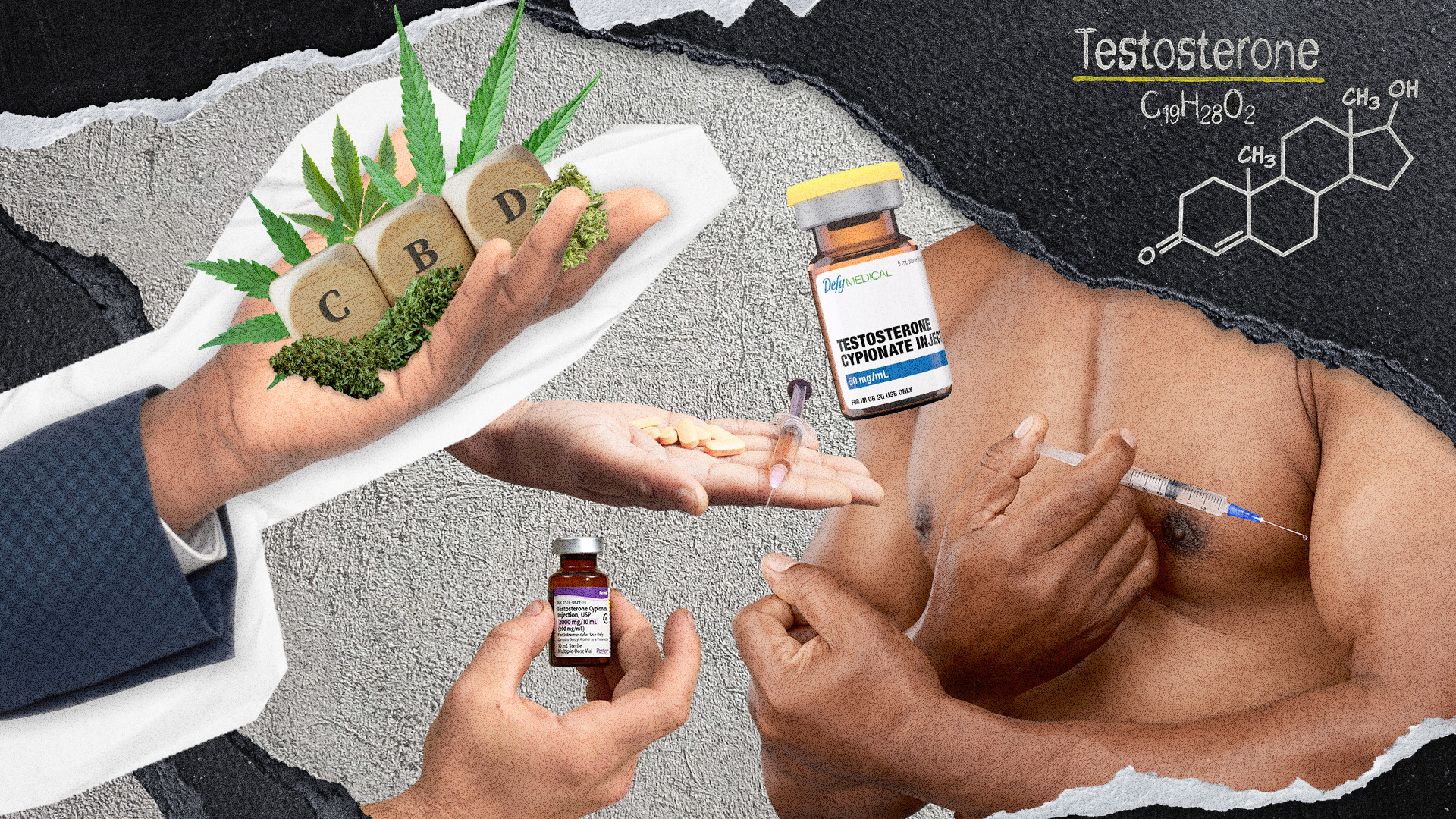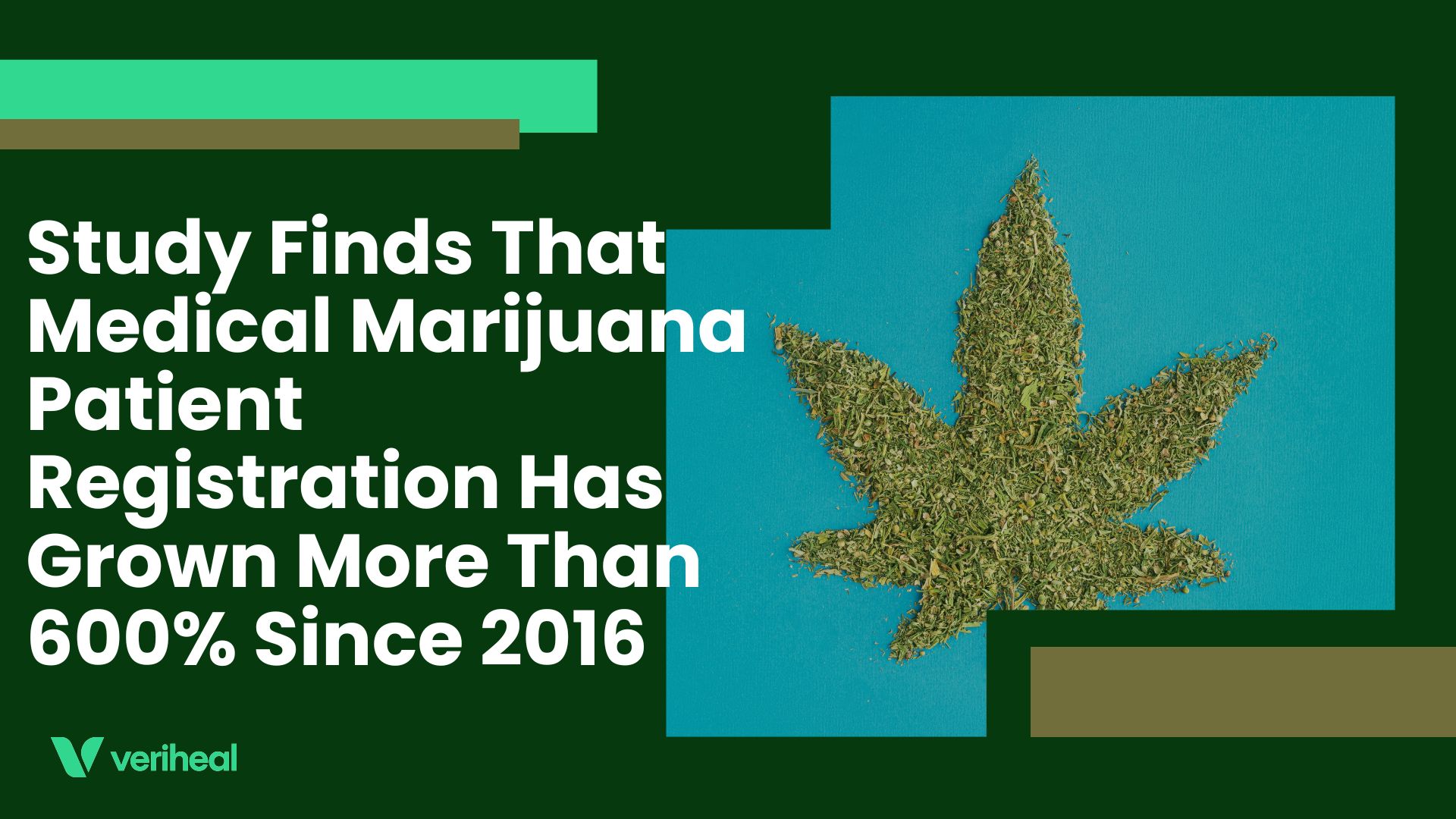You may have wondered what the impact of cannabis legalization would be on the illicit market and the drugs accessed there. Well, a recent study found that one of the implications involves impacting the prices in the unlicensed cannabis market as well as the illicit pharmaceutical market. A recent study found that the legalization of cannabis drives up the price of illicit drugs in the illegal market while reducing the prices in the unlicensed cannabis market.
This Study Discovered How Cannabis Legalization Increased Prices of Illicit Drugs
This 2021 study published in the Wiley Online Library found that the “street price of cannabis decreased” which was accompanied by a 93% “reduction in law enforcement seizures of cannabis” in states where cannabis has been legalized. However, the same study found that prices“among illegal opioids, including heroin, oxycodone, and hydrocodone, street prices increased”.
The study reported that among cannabis bought from unregulated markets, there was a 9.2% decrease in illicit cannabis prices and an 18.5% decrease in low-quality cannabis prices. In terms of recreational drugs, there was a 64% increase in heroin, a 7.3% increase in oxycodone prices, and a 5.1% increase in hydrocodone.
It should be noted that the data obtained in the subject may be subject to bias since it was crowdsourced data from Price of Weed and StreetRx. They also analyzed the implementation of cannabis legalization in 11 states as well as comparing between legalized and non-legalized states. The study concluded by stating that “changes in the street prices of illegal opioids analyzed may suggest that in states with recreational cannabis laws the markets for other illegal drugs are not independent of legal cannabis market regulation”.
Why You Should Get Your Medical Marijuana Card
Veriheal has satisfied millions of patients nationwide by giving them access to these benefits
- Larger purchase limits
- Peace of mind
- Enhanced legal protection
- Access to higher potency strains
- Save up to 25% on cannabis purchases
- Skip the line at the dispensary
Other Implications of Cannabis Legalization
Other major impacts of cannabis legalization include elevated tax revenue. Several states contributed billions of dollars in revenue that are put toward the needs of the public thanks to cannabis legalization. Legalizing cannabis has also has been shown to reduce crime and also opens up a whole new industry for many jobs. Cannabis can also be a great alternative for pharmaceuticals and alcohol which ultimately leads to reduced rates in consumption of both thus decreasing the risk of overdoses and deaths.
The Benefit of Cannabis Therapy for Drug Abuse and Addiction
Addiction can be psychologically, physically, and socially taxing on the individual. The adverse effects include, but are not limited to, cravings, paranoia, depression, risk-taking, liver damage, abdominal pain, heart problems, financial difficulty as well as denial. While cannabis can be used to facilitate addiction recovery when part of a proper treatment plan, it can also be used as a preventative measure.
Using cannabis as a preventative measure does not mean using it as a recreational drug to avoid using others, but rather to use cannabis in the place of pharmaceuticals such as opioids. Those particular pharmaceuticals are said to account for the larger statistics of addiction and are quite commonly prescribed by doctors. Using cannabis to alleviate pain and inflammation in the place of opioids will help eliminate the risk of developing an addiction, especially for those prone to it.
When cannabis is being used therapeutically to help mitigate addiction and drug abuse, one can expect reduced anxiety and depression as well as assistance with impulse control and decision-making abilities. Cannabis can also be effective for treating the physical symptoms of addiction and withdrawal, such as pain and vomiting.
While cannabis legalization is driving up the price of illicit drugs, it appears to only be affecting the more chemical, man-made, and dangerous substances with the benefit (if we consider the silver lining) of a reduction in the prices of unlicensed cannabis. The world is still in its early days of accepting cannabis for the potential it beholds, but the proof of its efficacy is soon to ignite the legalization of cannabis worldwide, as we have seen happening across American states and in other countries.
Author, Share & Comments
















